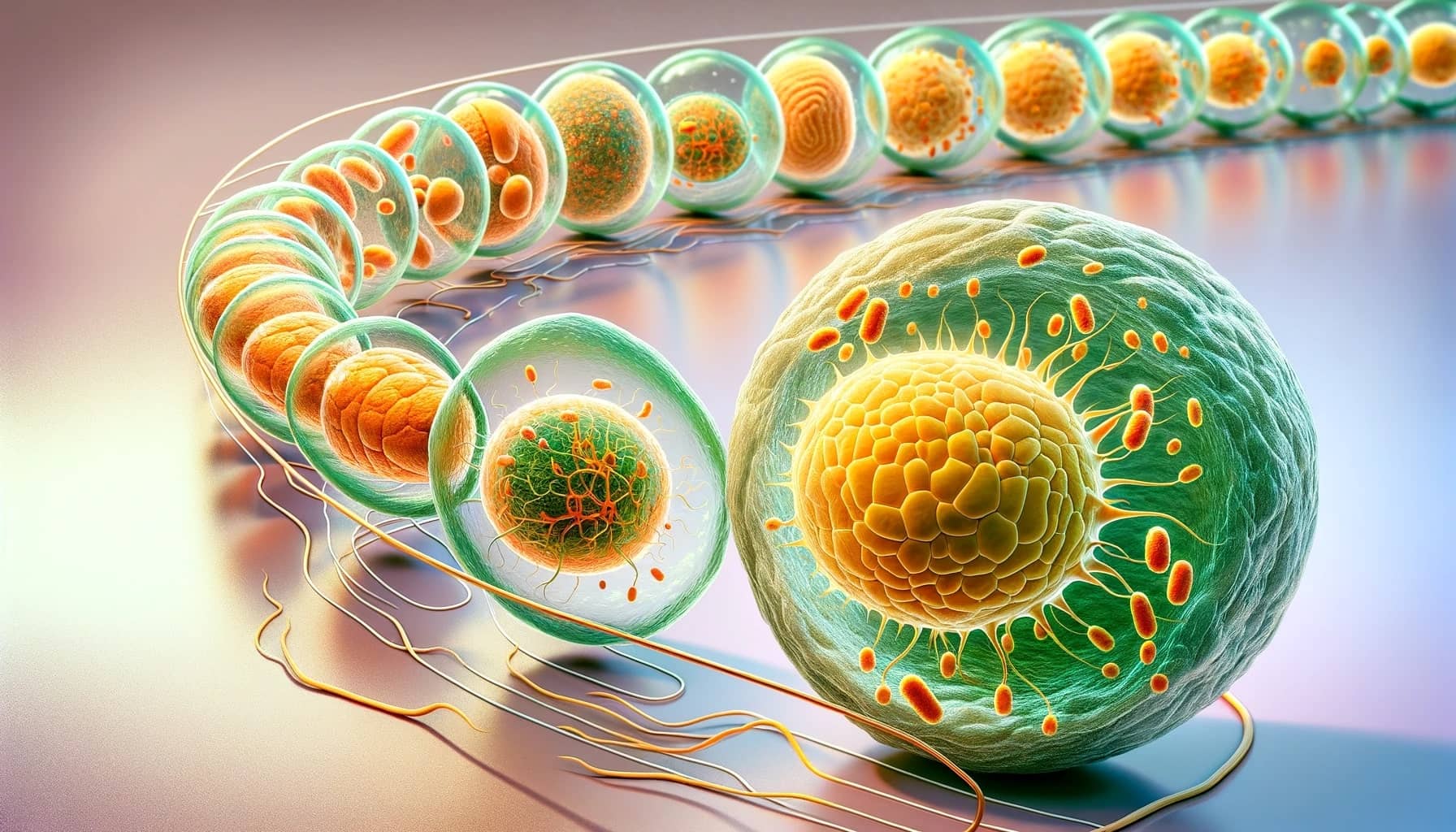
Mitochondria and Aging Eggs: Understanding Their Crucial Role
Did you know our ovaries age quicker than the rest of our body? While some say life peaks at 40, the ovaries start feeling the pressure post-35. It’s not just about the number of eggs (our ovarian reserve) but their quality. Good egg health is vital for fertility and the future health of babies.
Chromosomal Challenges in Aging Eggs
As we get older, our eggs have a harder time managing chromosomes – those tiny DNA packets with all our genetic info. Mistakes in arranging these chromosomes become more common with age. This can lead to conditions like Down’s syndrome, where an egg ends up with an extra chromosome. Imagine a librarian, too tired, putting extra books on a shelf.
Mitochondria: The Cell’s Energy Factories
Every cell, including eggs, houses tiny energy producers called mitochondria. They’re the cell’s power source. However, as we age, these mitochondria in our eggs don’t produce energy as well. This energy, known as ATP, is crucial for healthy eggs and embryos. This energy decline is a common problem, seen in women and animals like rats and pigs.
Risks of Late Pregnancy
Having a baby in your late 30s or 40s isn’t just about the challenges of getting pregnant. The risks of not conceiving or having a stillbirth are higher compared to younger women. Also, the health of the egg can affect the long-term health of the child, as per the Barker hypothesis.
Mitochondria in Eggs: Energy and Beyond
Mitochondria in eggs do more than just make energy. They also handle cell waste, balance the cell’s environment, and manage cell metabolism. They’re like multitasking magicians needed for the egg’s maturity and embryo development. With age, these mitochondria weaken, leading to energy shortages and egg errors.
The High Energy Needs of Eggs
Developing an egg requires a lot of energy. As women age, their eggs produce less energy. This shortage affects important steps like cell division and embryo implantation. Low energy in eggs is akin to running a marathon without enough fuel.
Effects of Weaker Mitochondria
Aging affects mitochondrial efficiency, impacting the egg’s energy supply and its ability to manage calcium, critical for cell functioning. This reduction in efficiency can hinder egg development and increase chromosomal abnormalities.
Conclusion
The health of aging eggs is closely linked to their mitochondria’s health. Solving mitochondrial issues might be key to enhancing fertility in older women. While it’s a complicated area, it offers hope for many who dream of parenthood later in life.
